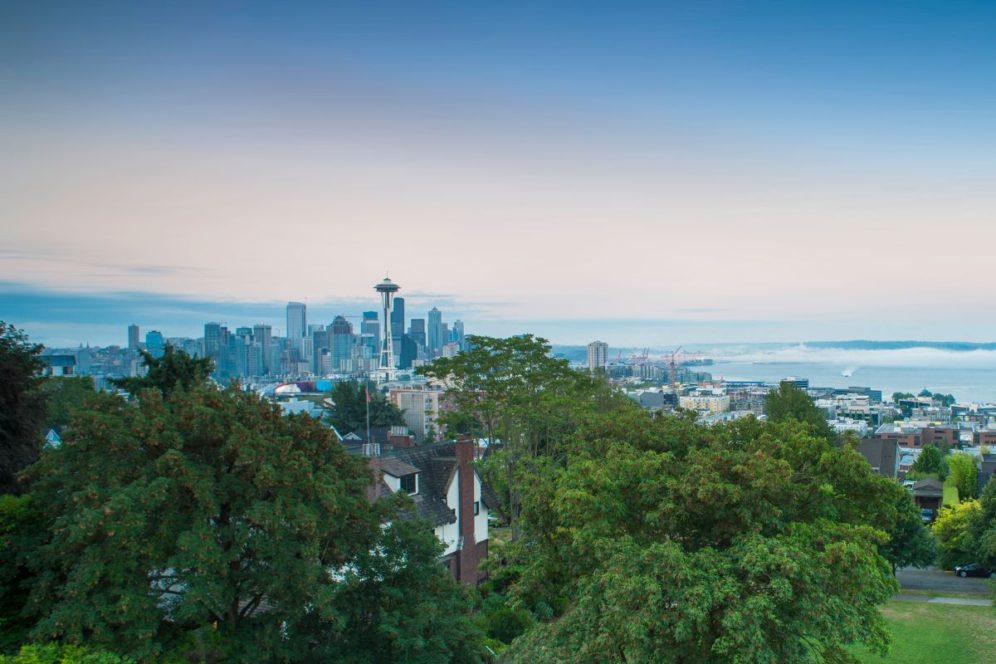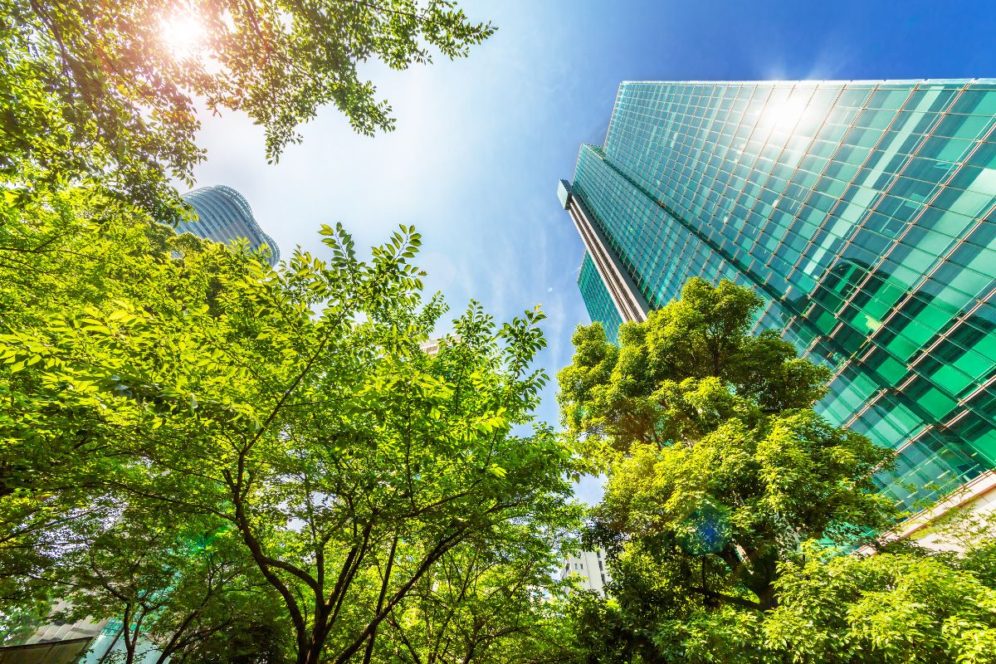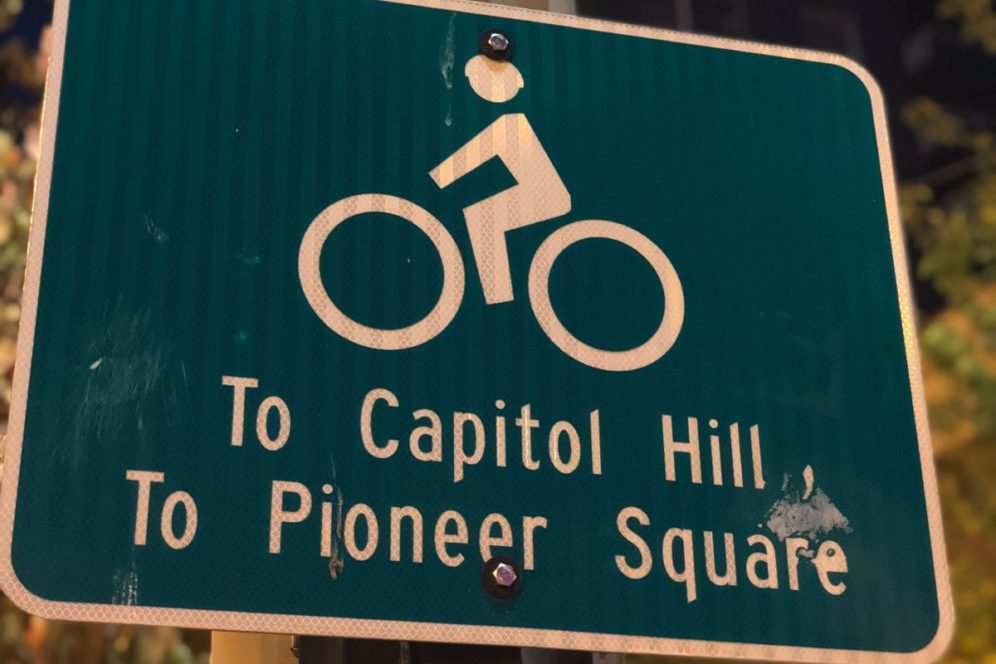Seattle, known for its stunning natural surroundings, has long been at the forefront of urban sustainability in the United States. The city’s commitment to green living is reflected in its numerous eco-friendly practices and initiatives. From advanced recycling programs to sustainable building standards and renewable energy projects, Seattle serves as a model for cities worldwide. In this post, we’ll explore the multifaceted approach Seattle takes to maintain its green ethos and environmental stewardship. Pro-tip: Explore with ease – drop your bags in Seattle with Bounce luggage storage and embrace a stress-free experience.

Recycling and Waste Reduction
Seattle boasts a comprehensive recycling program that encourages residents to separate recyclables from their regular trash. The city has set ambitious targets for waste reduction, with plans to recycle or compost 70% of its waste by 2022. This initiative is supported by regular pick-up services for recycling, compost, and garbage, making it convenient for residents to participate.
Emphasis on Composting
To diminish the environmental impact of food waste, Seattle mandates composting, providing every household with a compost bin for organic waste. This strategy not only reduces landfill usage but also turns waste into nutrient-rich soil for local agricultural use.
Green Buildings
In a move to cut down energy consumption and greenhouse gas emissions, Seattle has adopted stringent green building standards. Seattle’s Living Building Challenge is among the most rigorous sustainable building certifications, pushing developers to create structures that are net-zero energy and water.

Investment in Renewable Energy
Seattle is also heavily invested in renewable energy, with significant emphasis placed on solar and wind power. The city-owned utility, Seattle City Light, has been recognized for producing carbon-neutral electricity since 2005, a significant milestone on the path to sustainability.
Public Transportation Systems
Understanding that transportation is a major contributor to carbon emissions, Seattle has invested heavily in its public transportation infrastructure. The city offers an array of options,
including buses, a light rail system, and a streetcar network, easing residents’ reliance on cars and reducing collective carbon emissions.
Prioritizing Road Safety Through Carpooling in Seattle
Emphasizing road safety, Seattle has become a strong proponent of carpooling—a simple yet effective strategy to significantly reduce car-related incidents. By advocating for shared rides, the city works to diminish the number of cars on the streets, which is directly correlated with a decrease in traffic accidents. Fewer cars mean fewer opportunities for collisions, making roadways safer for drivers and passengers alike.

According to the experienced car accident lawyers at Washington Injury Law Firm, each additional passenger in a carpooling arrangement represents one less vehicle contributing to the daily traffic, enhancing the overall safety of the city’s transportation network. This decrease in the number of vehicles not only improves traffic flow but also plays a critical role in minimizing the frequency and severity of traffic accidents.
Seattle’s urban planners and policymakers recognize the importance of carpooling as an essential component in the quest to create a safer, more sustainable city. By continuously encouraging residents to share rides, the city takes a proactive stance on community safety, striving for streets that bear less traffic and, consequently, less risk of road mishaps. This approach not only serves the environment but also protects the well-being of its citizenry by fostering a less congested and more secure travel environment.
Bicycle-Friendly City
Seattle promotes cycling by incorporating bike lanes throughout the city, providing a healthier and cleaner alternative to driving. With an extensive network of trails, such as the Burke-Gilman Trail, residents are motivated to take up biking for both commuting and leisure, further supporting the city’s green infrastructure.

Community Gardens and P-Patches
Community gardens and “P-Patches” (the local term for a community gardening program) thrive in Seattle, providing spaces for residents to grow their own food. This initiative not only greens urban areas but also encourages local food production and reduces the carbon footprint associated with food transport.
Engagement and Education
To inspire and inform residents about sustainable living, Seattle has various programs and workshops focused on environmental education. From waste reduction seminars to sustainable garden workshops, the city actively engages with its citizens to spread eco-friendly knowledge and practices.
By integrating these elements, Seattle has established itself as a paragon of sustainability. The melding of policy and community involvement has created a culture of conservation and responsibility that’s intertwined with the city’s identity. As cities around the globe seek to lessen their environmental impact, they might look to Seattle’s model of sustainable living as a blueprint for a greener future.

Leave a Reply